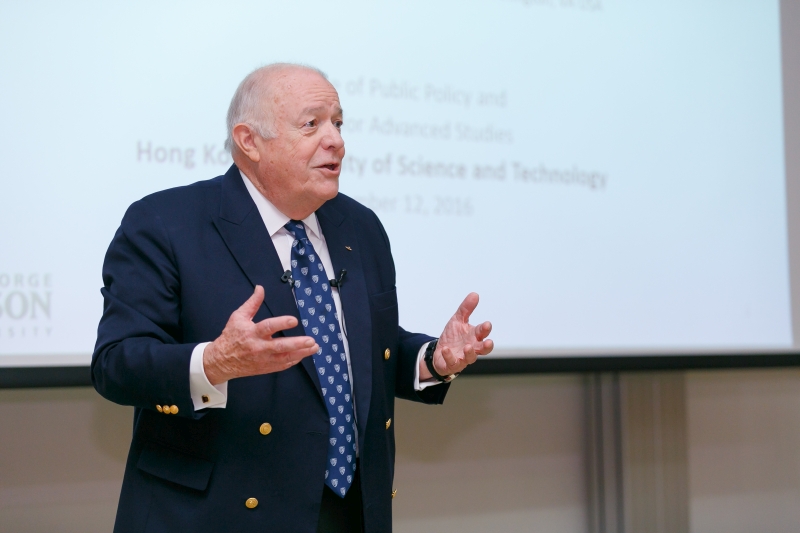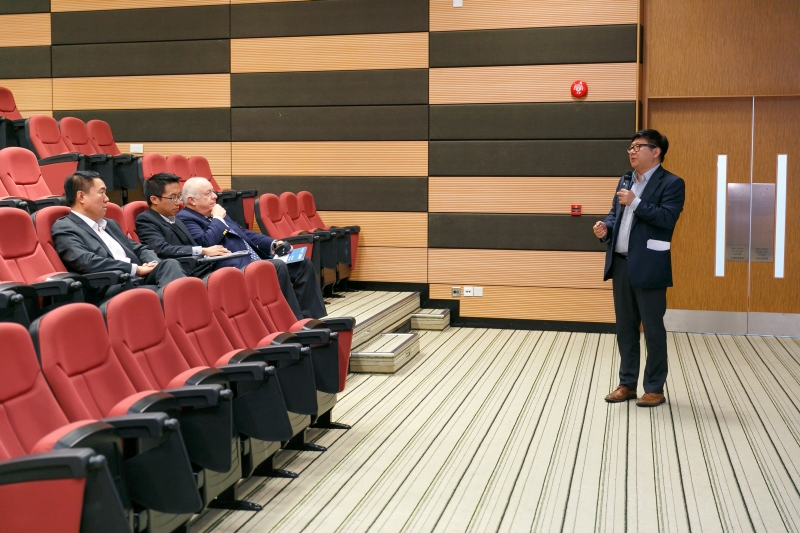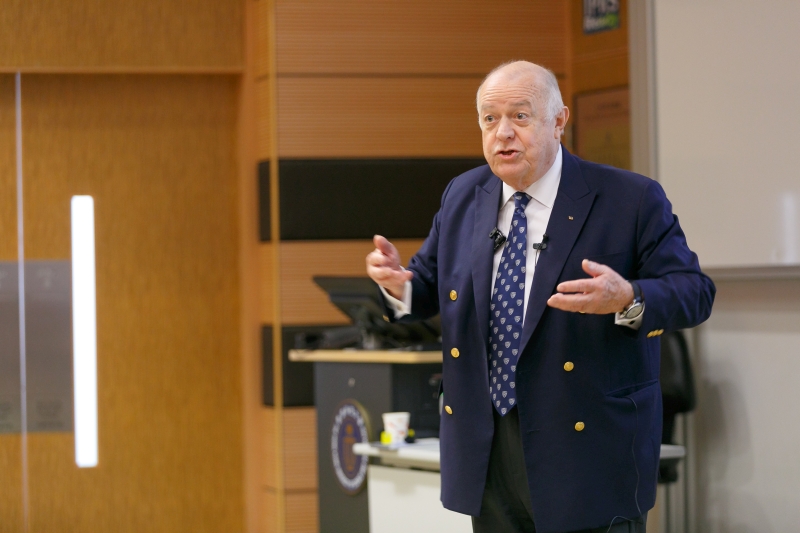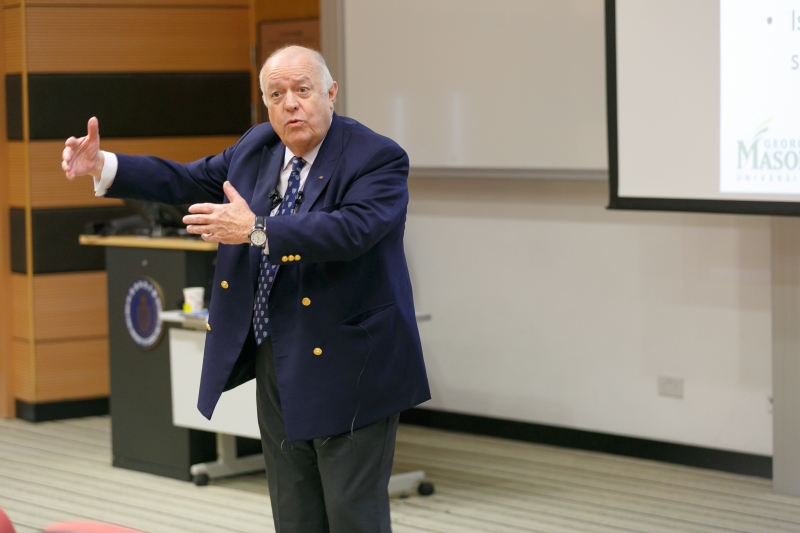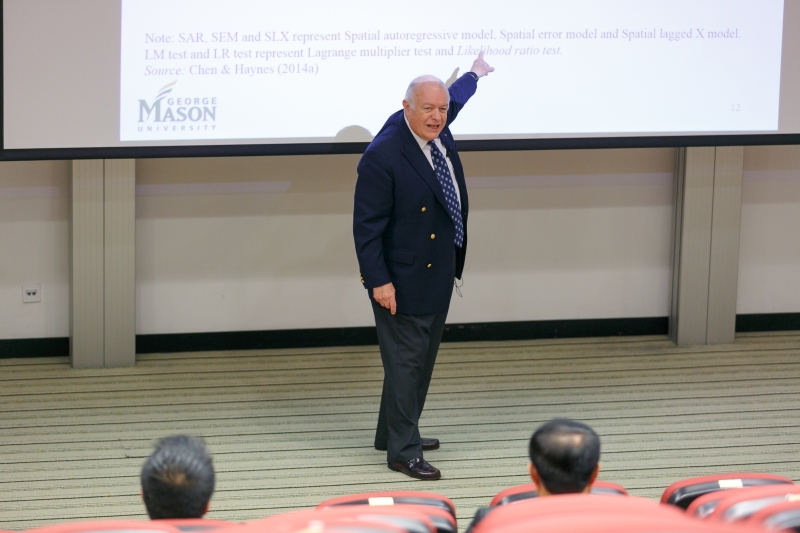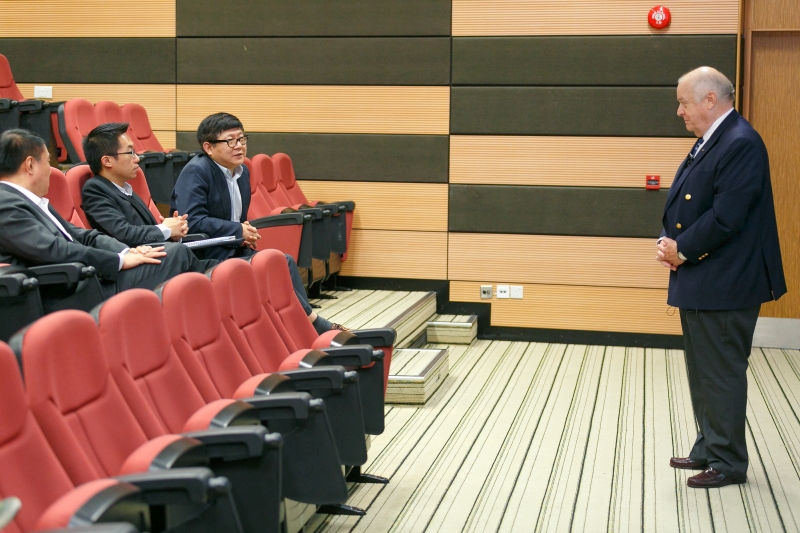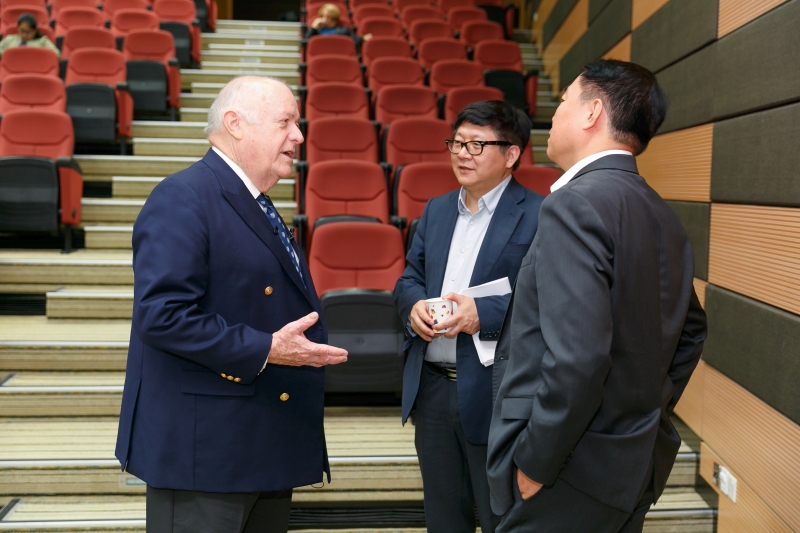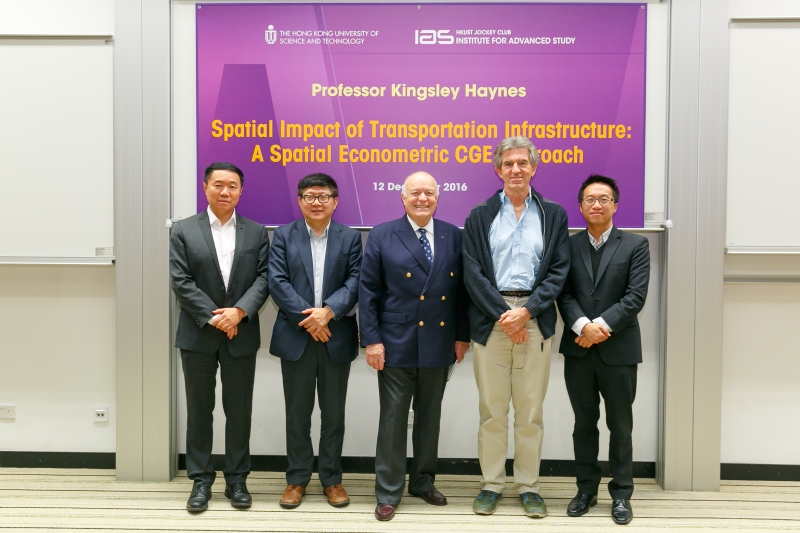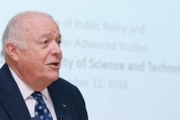Spatial Impact of Transportation Infrastructure: A Spatial Econometric CGE Approach
Abstract
Transportation infrastructure plays an important role in regional economic development both in the stimulation of growth and as a response to output expansion (Haynes 2006). However, measuring these effects has proved difficult due to the complicated transmission mechanisms of transportation infrastructure. This complication is due to two reasons: first, regional impacts of transportation infrastructure are achieved by a mechanism that involves both a demand influence through the variation of transportation price and a supply influence implemented through the variation of transportation cost; second, impacts of transportation are usually evaluated in a regional context where the presence of unobserved local or regional variables may give rise to spatial autocorrelation. As a result, if not taking these interactions into account, impact analysis may become biased and spurious.
In this lecture, the speaker will introduce a new method called Spatial Econometric Computable General Equilibrium (SECGE), which integrates both spatial econometrics with computable general equilibrium modeling to improve the effectiveness of impact analysis on transportation infrastructure.
About the speaker
Prof. Kingsley Haynes received his PhD in Geography and Environmental Engineering from the Johns Hopkins University. He was then on the faculty of the Lyndon B. Johnson School of Public Affairs at the University of Texas at Austin in 1974 – 1978, the School of Public and Environmental Affairs at Indiana University in 1978 – 1987, and the Department of Geography and Public Policy Program in Boston University in 1987 – 1990. He joined the George Mason University in 1990 as the Dean of the Graduate School and the Founding Dean of the School of Public Policy which he led until 2010. He is currently the Ruth D. Hazel and John T. Hazel, M.D. Faculty Chair in Public Policy, the Eminent Scholar, and the Professor of Public Policy, Decision Sciences, Geography and Public Affairs there. He is also the Senior Visiting Fellow of HKUST Jockey Club Institute for Advanced Study.
Prof. Haynes’s academic interests include transportation and telecommunication infrastructure investment, regional economic development, and analytic modeling for decision support. He has directed numerous research grants and contracts, co-authored or edited 10 books and over 400 articles and professional reports. He is in the editorial board of several journals including Journal of Urban Management, Annals of Regional Science: An International Journal of Urban Regional and Environmental Research and Policy, and Geographical Analysis: An International Journal of Theoretical Geography.
Prof. Haynes has been involved in regional economic development policy and natural resource management since the early 1970s. In US, He has worked with various departments of the state governments and the federal government on regional projects such as in Montana’s Yellowstone Basin, the Lake Michigan and Ohio River regions and the Texas Gulf Coast. Internationally, he directed programs for the Ford Foundation’s Office of Resources and Environment on the Nile River-Lake Nasser regions of Egypt and the Sudan. Besides, he was an originating member of the Decision, Risk and Management Sciences Panel of the National Science Foundation and served as a member of the board of the American Association for the Advancement of Science’s Social, Economic and Political Sciences Section. He received numerous awards and accolades for his work and service including the North American Regional Science Council’s Boyce Award in 1997, the Anderson Medal of Honor in Applied Geography and the Ullman Award in Transportation Geography, both by The Association of American Geographers, in 2000 and 2003 respectively.

